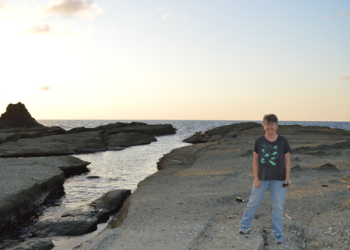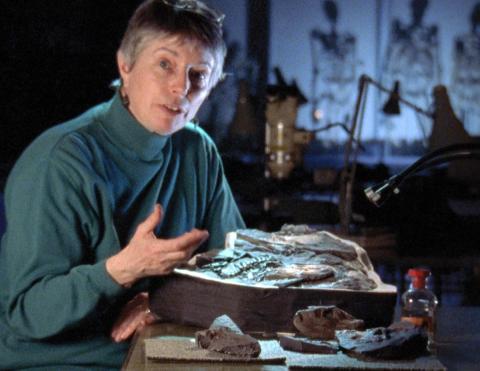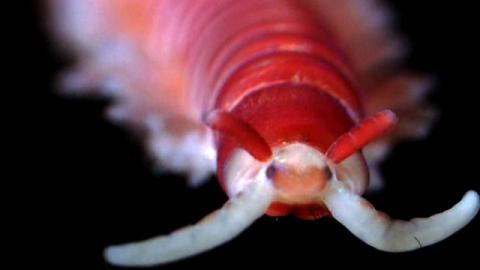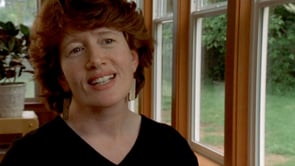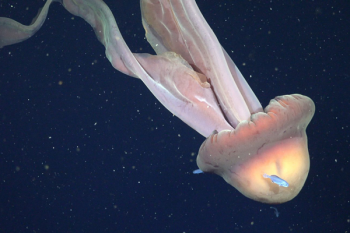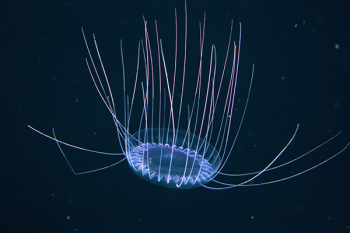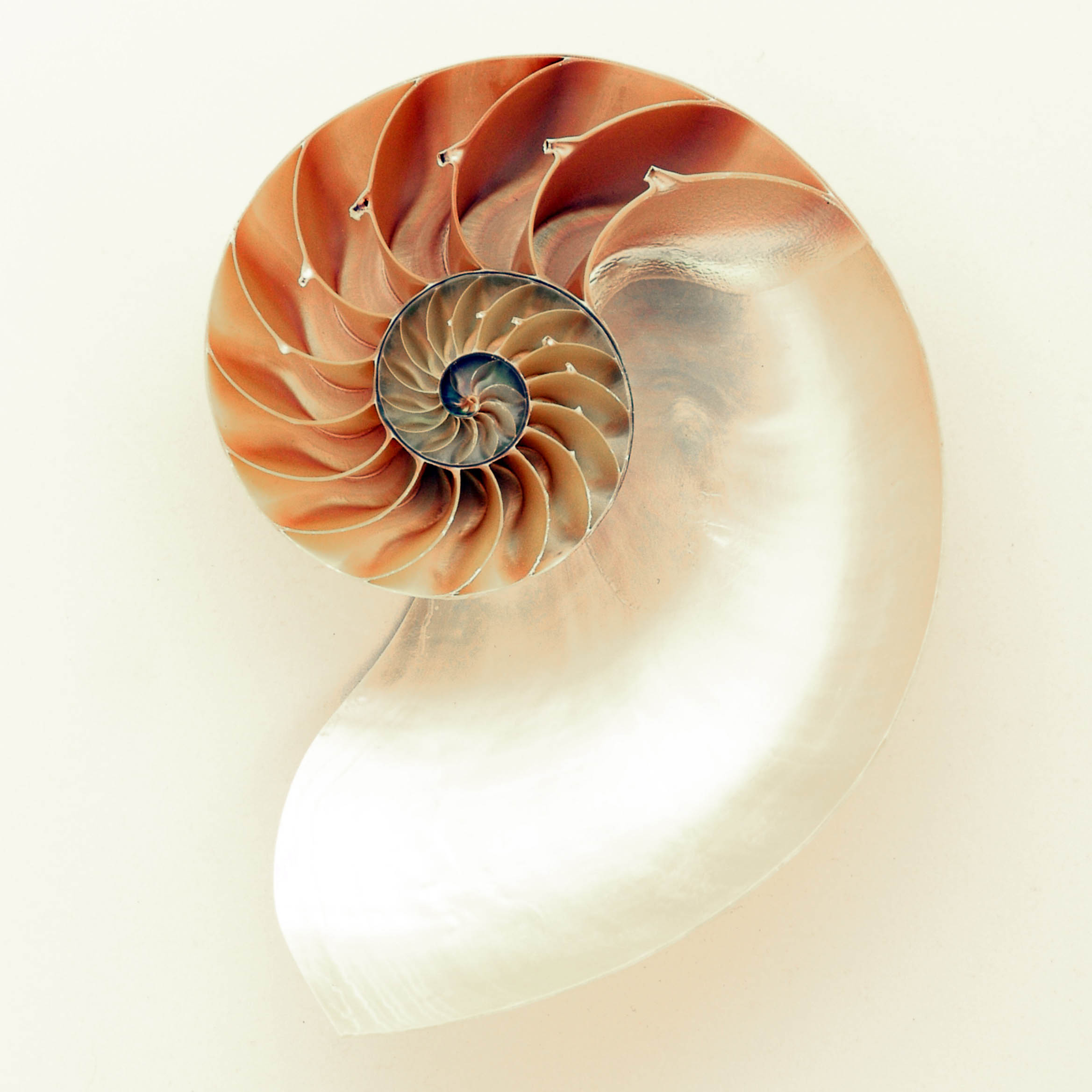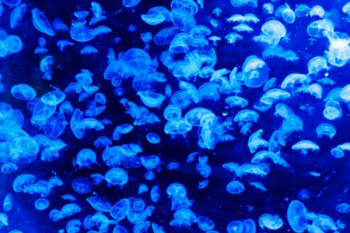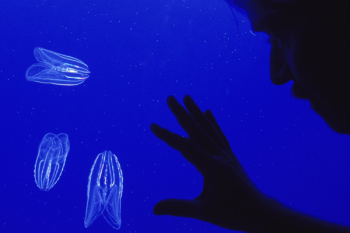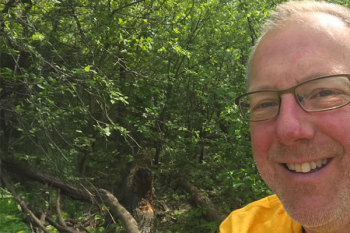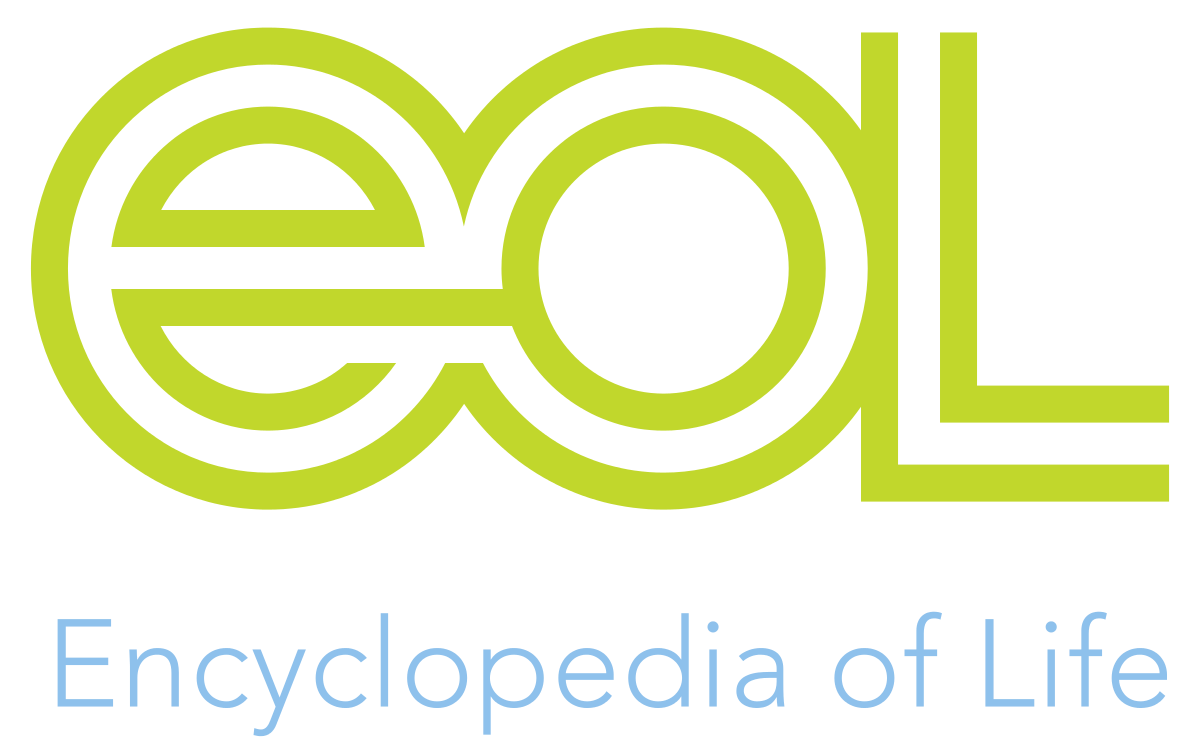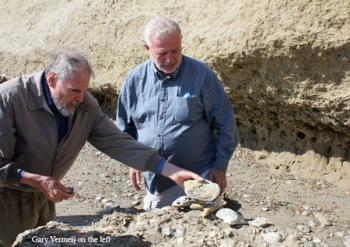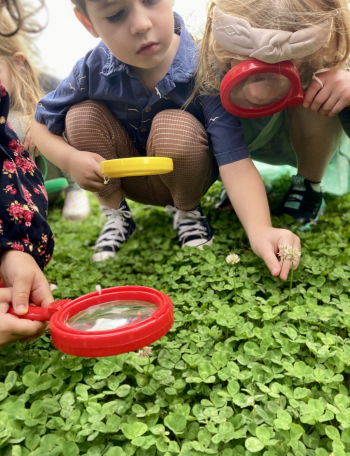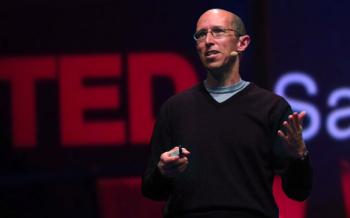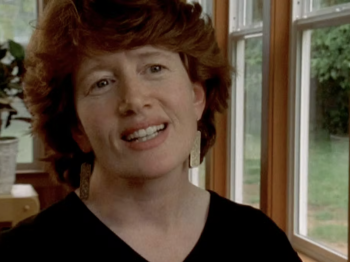
We should see ourselves, I think, as custodians of the great diversity of animals that we see around us today. But we should also remember that we are not masters of this diversity. In fact, we depend very much on the diversity of animals around us . . . even the lowly worm. -- Damhnait McHugh
Colgate University Biologist Dr. Damhnait McHugh finds all worms fascinating. Her research attempts to understand how evolution has produced the incredible diversity found among the annelids. The common earthworm, for instance, is related to the spaghetti worm, a marine creature that hides its body in a tube and sends long, pasta-like tentacles out to bring food to the animal's mouth.
Along with other annelid experts, McHugh has shown that worms of all kinds are important members of their ecosystems. Her research on annelids has taken her around the world. At Coos Bay, Oregon, McHugh and several students examined worms that burrow into the bay's tidal mud flats. In other tidal flats, she studied the worm, Diopatra, which helps to stabilize the mud in which it lives by constructing tubular homes from sediment, bits of shell and biological glue. Even the dirty job of working with worms in their native habitat appeals to McHugh. "What I like doing the most," she says, "is actually getting out, getting down, getting dirty in the mud with the worms themselves. Getting out there whether it's pouring rain, whether it's a low tide at dawn, I don't care. I just like to be out there with the worms, seeing them in their own habitat."
About Damhnait McHugh’s career
Damhnait McHugh, Ph.D., is a Professor of Biology and Director of the Harvey M. Picker Interdisciplinary Science Institute, at Colgate University in Hamilton, New York. She received her M.Sc. in Biology from the University of Victoria (Canada) in 1987 and a Ph.D. in Biology from the University of California, Santa Cruz in 1994. McHugh studies the ecology and evolution of marine invertebrate animals, particularly the diverse and beautiful polychaete annelid worms, and has published many papers on annelid evolution.
McHugh’s teaching interests span a wide variety of courses that share a common thread of evolution. She believes, as T. Dobzhansky said, that “nothing in biology makes sense except in the light of evolution.” all her courses, she likes to highlight the relevance of biology in our everyday lives, whether its understanding the genetic basis for a human disease, using phylogenetic analysis to evaluate biodiversity, or debating the issue of human cloning. McHugh teaches Genetics and Animal Evolution in addition to Introductory Biology.
